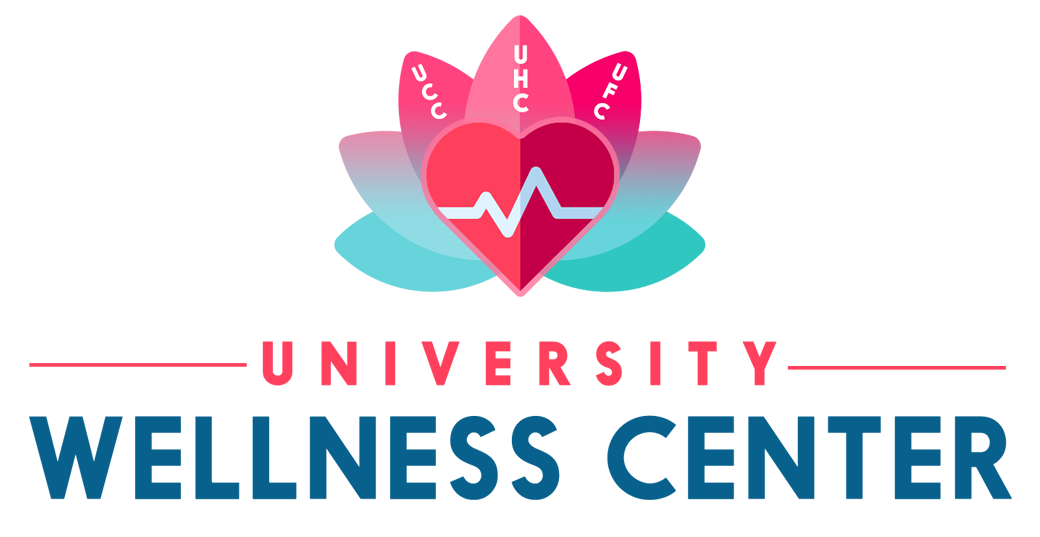EMOTIONAL INTELLIGENCE, AN ESSENTIAL SKILL
The month of May is Mental Health Awareness Month. The goal of this awareness campaign is to eliminate the stigma surrounding mental health and encourage people to prioritize their mental health and increase awareness about mental illness. An exceptional way to prioritize mental health is to focus on Emotional Intelligence.
Emotional Intelligence (EI) or Emotional Quotient (EQ) can be defined as a process whereby individuals’ mental faculties are allowed to govern their emotions and resulting behaviors. Emotional intelligence is unique to humans because it defines our individuality, it helps us be creative with our intentions by transforming them into positive actions and behaviors. It also aids people to decide what really matters, and to control negative and impulsive feelings which can prevent us from surmounting life’s challenges. The removal of internal and external conflicts is usually achieved by developing one’s emotional intelligence.
Aristotle quotes, “anyone can become angry – that is easy, but to be angry with the right person, to the right degree, at the right time, for the right purpose and the right way, that is not easy.” Emotional intelligence can get us there to live in life’s balance, and this can be related to all forms of emotional dispositions that trigger negative behaviors. On the positive end, the self-awareness of negative emotions can be a resource in culturing our feelings in healthy ways such as pausing enough to create better responses. According to Dr. Daniel Goleman’s book Emotional Intelligence (10th ed.), there are five identifiable key factors. These factors are attitudes that correlate across dimensions of self-awareness, self-regulation, motivation, empathy, and social skills (Goleman, 2007).
Self-awareness is the ability to understand and recognize your own emotions and to be aware of the effects on others. The pause for awareness develops an internal monitoring reputation that identifies each emotion or feelings correctly. Usually, individuals with a good sense of awareness would exhibit
confidence, humor and an awareness of other’s perceptions of them.
Self-Regulation can be described as the “pause” which is the ability to wait on the right time and place to express emotions. Self-regulation is not about hiding true feelings or stifling them. It is an appropriate expression of emotions and a conscientious ability to diffuse intense or problem situations. Individuals who self-regulate well are usually thoughtful of how they impact others and find it easy to take
responsibility for their shortcomings.
Motivation can be described as the pursuit of internal rewards and experiences. Motivated peopleconstantly seek ways to be better and do better, not necessarily navigated by external rewards like fame or money but rather a harmony with the activity undertaken. Motivated individuals tend to be strongly committed and initiative taking.
Empathy under the banner of emotional intelligence is that skill to interpret and understand how others are feeling. With empathy comes care and concern for others. Being empathetic drives an understanding within the power dynamics of social relationships. It becomes the guiding force within individual differences and can precisely interpret pleasant and unpleasant situations.
Social Skills can be explained as a healthy interaction with others and drives the understanding between others and self. It is a constant verbal and nonverbal communications with the world around individuals and build better relationships within workplaces, friends, and family circles.
In conclusion, emotional intelligence relates to the mental processing whereby thought patterns usually interact with emotions and connect with meaning and acquired knowledge of how to behave. Benefits of emotional intelligence are not only a way of positively managing emotions, but are a key element in building stronger relationships, along with academic and career success as achieving overall personal goals. Thus, during Mental Health Awareness Month, consider utilizing emotional intelligence to help prioritize mental health.
